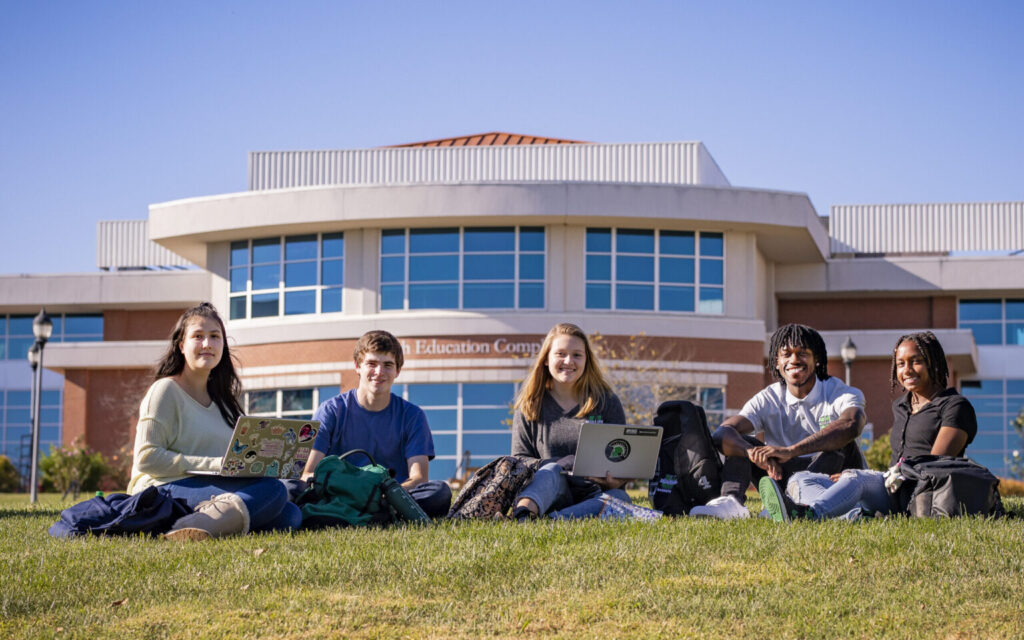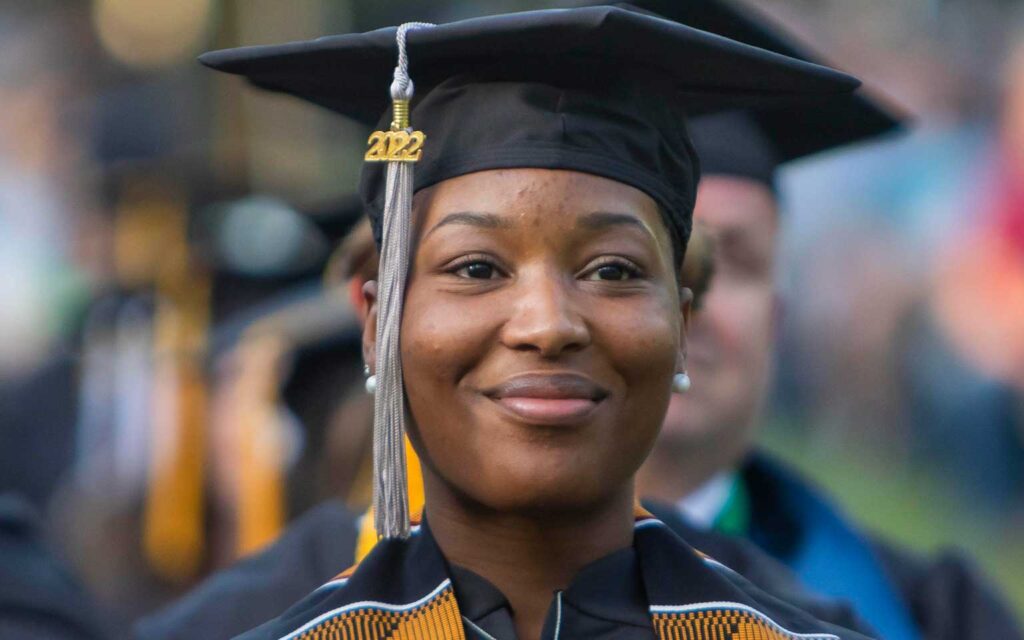Help young learners reach their potential
Pursue your Special Education journey at USC Upstate with the Bachelor of Science in Special Education – Learning Disabilities program. Dedicate yourself to inclusive education for all children and transform K-12 classrooms.

Program Highlights
With deep compassion and commitment, our program prepares you to support students with mild disabilities. Develop expertise in key areas like learner characteristics, instructional planning, assessment, and more. Discover how to use technology effectively to meet diverse learning needs.

Why USC Upstate?
Our College of Education excels in training teachers. You’ll be prepared to step into any K-12 classroom. And as a teacher in a high-needs field, you’ll be eligible for special grants and loan forgiveness.

Your Future
Our teaching graduates are in high demand at Upstate schools. You’ll find many opportunities for teachers with a specialty in learning disabilities, and our successful graduates are often honored for their exceptional impact.
learn more about the program!
The academic catalog gives you detailed information about the major, courses, and any additional requirements. To complete the Special Education: Learning Disabilities undergraduate degree, you will need 121 credit hours. Preparation for teaching students with learning disabilities emphasizes appropriate services, curricula, assessment, and instruction required by students with special needs to facilitate their participation in the K-12 general education curriculum.
You can also reach out to your admissions counselor who can assist you in your next steps.

Experiential Learning
Your advance training includes hands-on experience in public school classrooms. You’ll learn how to address unique student needs, adapt instructional techniques, and foster culturally responsive teaching.
Next Steps
Discover all that USC Upstate has to offer you We’re here to make this journey personal and informative, so let’s get started!

We’ll share a wealth of valuable information tailored just for you. You’ll receive details about your major, critical scholarship opportunities, financial aid information, and exclusive events that will help you confirm that USC Upstate is the perfect fit for you.

Your next goal is to secure admission to USC Upstate, and we’re here to support you every step of the way. Aim for a GPA above of 2.5 to ensure your smooth entry into our vibrant academic community.

Stay in the loop and be part of our community by following us on our various social media channels. Our Admissions Instagram account is your window into life on our campus. You’ll get a taste of the vibrant atmosphere and learn about events and important deadlines that matter to you.
We’re thrilled to be a part of your journey toward success. Let’s connect, explore, and thrive together at USC Upstate!
